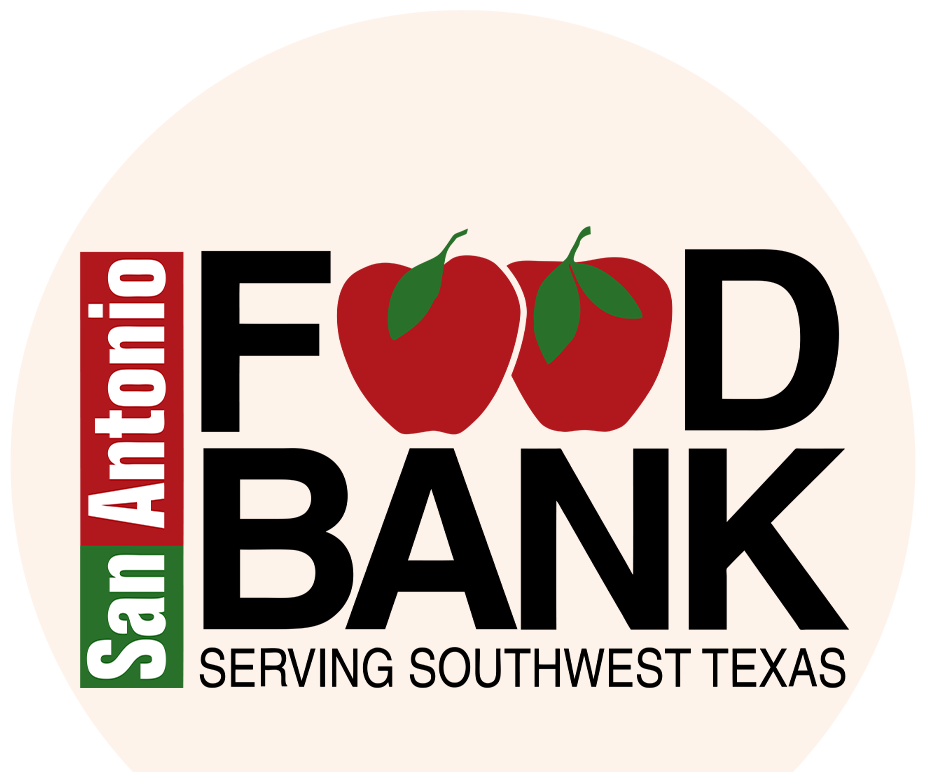OB Pre-Natal Care
Plan Your Pregnancy
You and your partner want to expand your family! A few ways to boost both men’s and women’s fertility or the ability to become pregnant, are through a well-rounded diet and consistent physical activity. A balanced diet helps lower the risk of disabilities that can form during development while reducing the chance of complications during pregnancy. Staying active can also help balance your hormones and reduce stress to improve your chances of getting pregnant. Consider scheduling an appointment with your doctor or healthcare provider to start planning for a healthy pregnancy.
Developmental Milestones
- My Baby: No milestones yet.
- My Body: You are preparing your body to nurture and support the growth of another human being. Focusing on your physical and mental health is essential to prepare for this life-changing event.


Nutrition Needs
Eat a Well-Rounded Diet
A well-rounded diet includes food from all five food groups to provide your body with the nutrients needed to improve your health and fertility.
-
- Whole Grains provide energy, B vitamins, and fiber to help you feel full longer and fuel daily activities. Brown rice, whole grain tortillas, oatmeal, and wheat bread are great ways to introduce whole grains into your diet.
- Fruits and Vegetables offer a great source of fiber, vitamins, minerals, and water. The more color you can include in your diet, the better.
- Protein promotes the growth and repair of all tissues and cells in the body. Some lean animal sources are lean beef, turkey, chicken, and low-mercury level fish, like salmon or tilapia. Other plant-based protein sources are beans, lentils, tofu, and nuts.
- Dairy offers calcium, vitamin D, and protein. Just two servings a day of yogurt, milk, or cheese can help you receive the benefits of this nutritious food group. For those with a dairy allergy or intolerance, consider plant-based milks that have a good source of protein and are fortified with vitamin D and calcium to receive similar benefits that cow’s milk can offer.
Aim for Healthy Fats
While fat is not necessarily a food group, it is one of the nutrients that provides our body with energy. High-fat foods should be eaten in moderation since 1 gram of fat provides 9 calories, while 1 gram of carbohydrates or protein offers 4 calories per gram. Fat allows our body to absorb fat-soluble vitamins, like vitamins A, D, E, and K. Fats are usually broken into two groups: saturated and unsaturated fat.
-
- Saturated fats are solid at room temperature and can be found in animal foods, including a fatty slice of meat, cheese, or butter. Consider limiting saturated fats or switching them out for unsaturated fats.
- Unsaturated fats are those that are liquid at room temperature. Research has shown that these types of fats can increase the chance of pregnancy for both partners. Great sources of unsaturated fats that can be added to your diet are olive, sunflower, or canola oils, as well as nuts and seeds. Try using this type of fat to cook and season your food for its added health benefits.
Proper Hydration is Key
Staying hydrated helps to regulate hormones, which play a critical role in getting pregnant. Both men and women should aim for 2 liters, 8 cups, or 64oz of water a day.
-
- If regular water is not satisfying for you, try unsweetened sparkling water, low-fat/skim cow’s milk, or herb and fruit-infused water to help meet your hydration needs.
- Food with high water content, like melons, peaches, bell peppers, and broccoli, can also help quench your hunger and thirst. Sugar-sweetened beverages, like soda, sweet tea, and energy drinks, do not count towards your daily water goal because of their added caffeine and sugar content.
- Limiting caffeine to less than 200mg a day and switching out sugary beverages for zero-calorie beverages, like fruit and herb-infused water, lowers the risk of a miscarriage.
Recommended Recipes


Family Engagement Activity
Knowledge is power! Track your menstruation cycle to know more about your body and when you can conceive.
-
- App tracking is used to predict when you are most fertile by tracking your menstrual cycle. A woman’s cycle can be between 28 and 31 days, with ovulation happening between 11 and 21 days. There are many free resources online or in the app store to help you plan your pregnancy.
- Ovulation Predictor Kits (OPK) is an at-home test that accurately tracks when you are fertile based on your hormone levels. This can be tested through a quick urine sample and is more personalized to you, but it can be costly over time.
If you would like to read more on different methods to track your fertility days, download the Reproductive Health Access Project’s Fertility Awareness PDF.
Caregiver's Corner
Start a New Habit: Physical Activity and Daily Prenatal Vitamins
Sarah Wheeler, a Certified Nurse Midwife from CHRISTUS Children’s, recommends evaluating your current habits and making small changes for a healthier lifestyle. Some habits to start are:
-
- Aim to get around 150 minutes of easy to moderate-intensity physical activity per week. This can be broken down to 30 minutes a day, five days a week.
- Daily prenatal vitamins ensure you are getting adequate amounts of the nutrients needed to promote your pregnancy. Folate is especially important before pregnancy as it promotes the healthy development of your baby. Check the nutrition facts label on vitamins to ensure you are getting at least 400mcg of folic acid, 27mg of iron, 1,000 mg of calcium, and 15mcg of Vitamin D with each dose.
Break Old Habits: Smoking, Excessive Alcohol, and Caffeine
Some habits to break during this time include limiting caffeine intake while completely stopping tobacco and alcohol use.
-
- Limit caffeine to 2 cups a day or less than 200mg/day to lower the risk of a miscarriage.
- Stop smoking and limit your exposure to tobacco to improve your chances of conceiving. Tobacco use can put you at risk of having a miscarriage.
- Excessive alcohol intake in both men and women can make getting pregnant more complicated. Any alcohol intake throughout your pregnancy can severely hurt your child.





